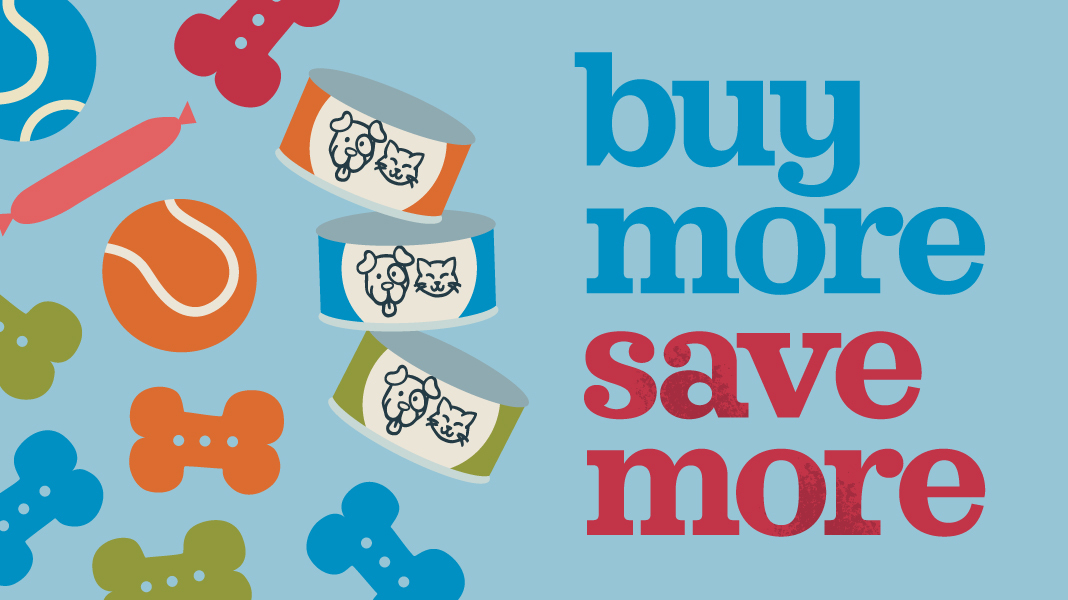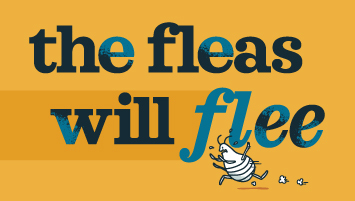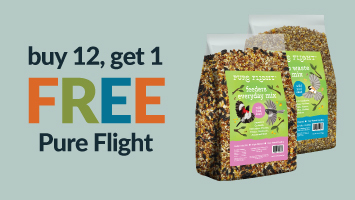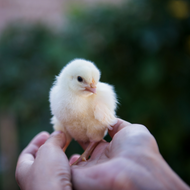What to Know Before Getting a Chick
Posted by Feeders Pet Supply on Mar 29th 2022
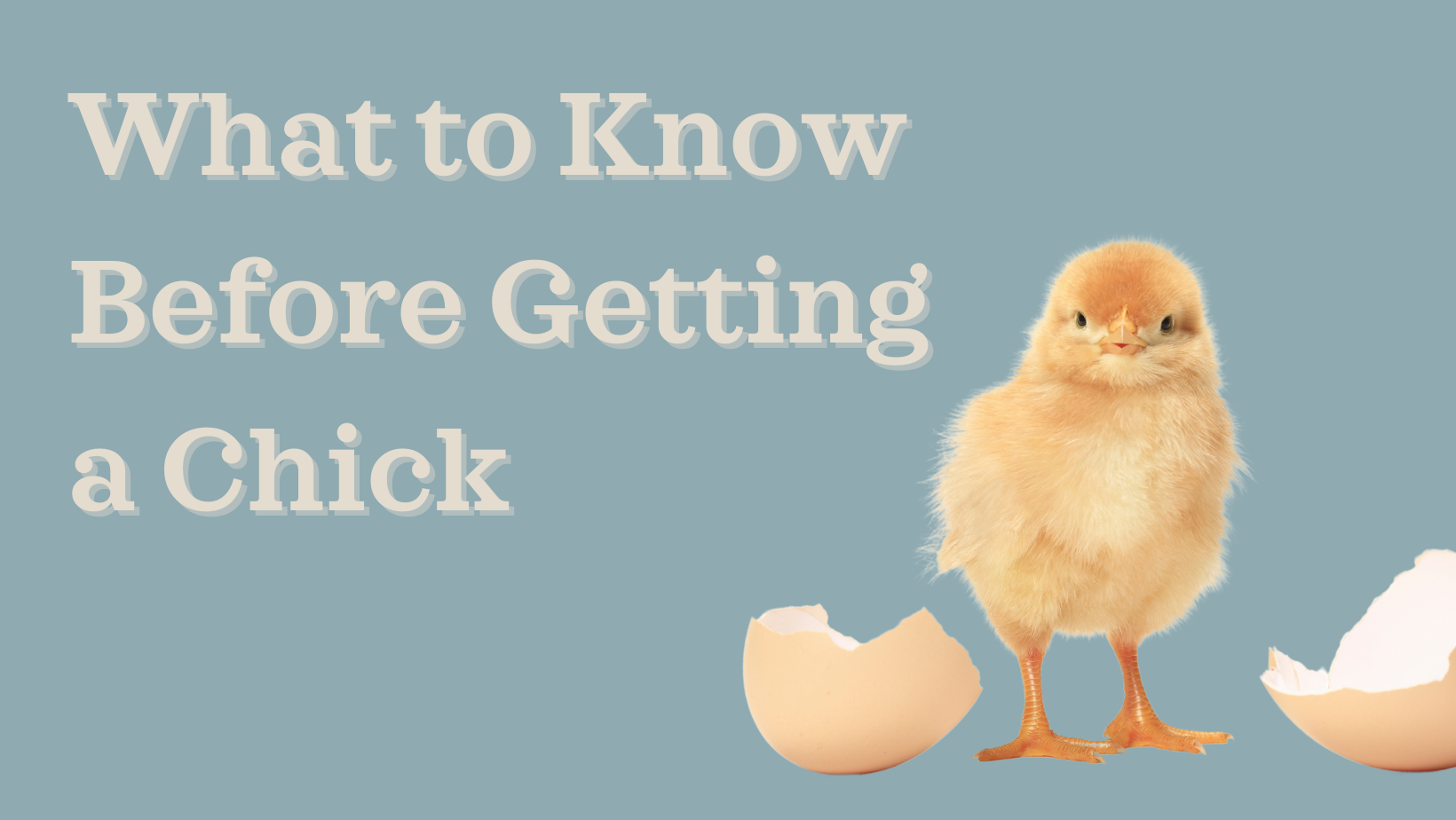
Tiny and adorable, when you spot baby chicks in a Feeders Pet Supply store, it can be difficult to pass them by without wanting to take one home. However, baby chickens are a little more tedious to take care of than other pets. Below we overview of what you will need to know before bringing home a baby chick.
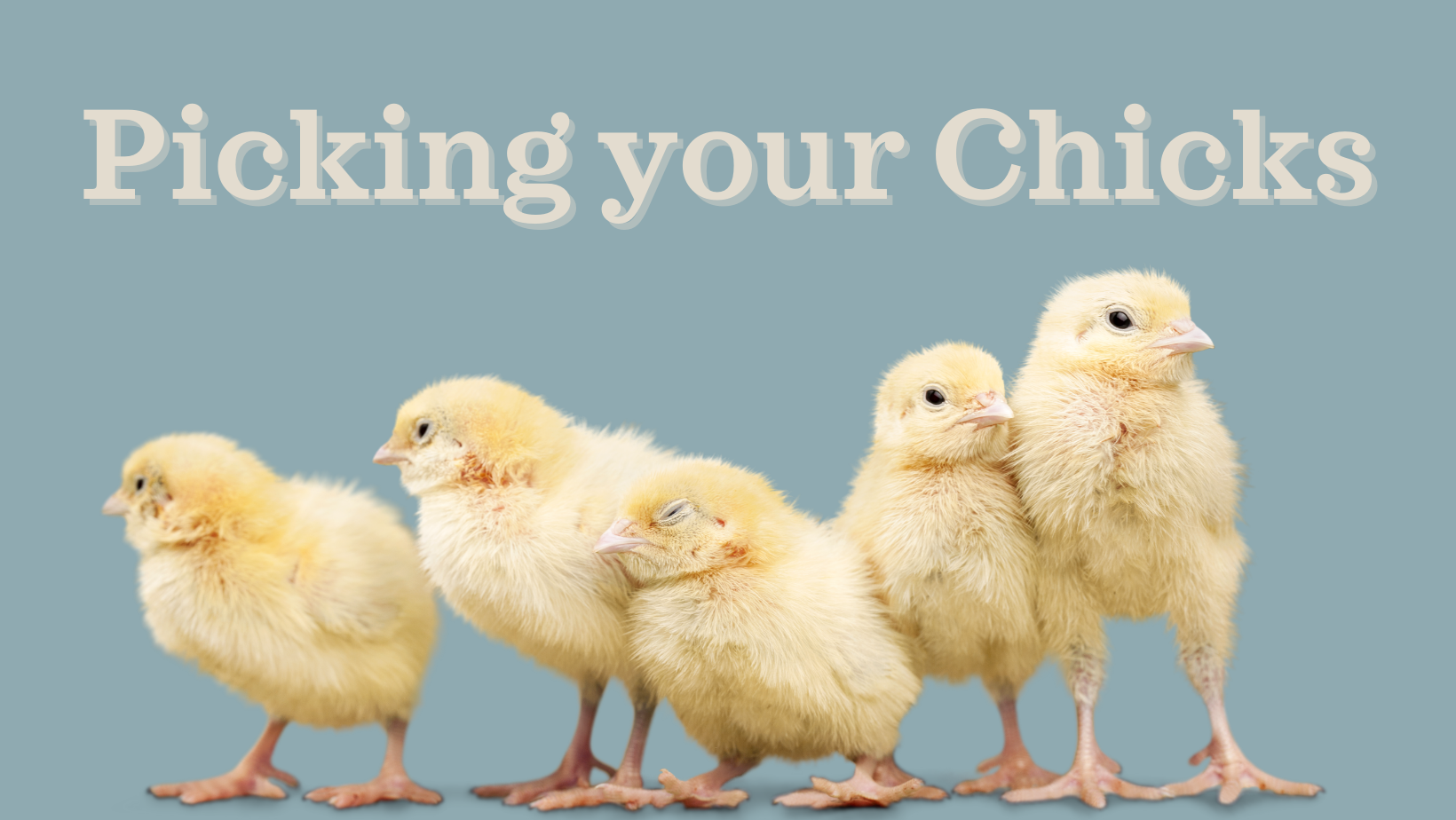
First, One Chick or More?
Chicks tend to fare better when they are in a small group because they are social animals. Chickens are known to live in flocks, and they can get a bit lonely when they are all alone. Therefore, getting at least two or three chicks is a better idea. A few chicks are actually easier to take care of than just one because they will huddle together and keep one another entertained.
Hens or Roosters?
Young pullets (hens) may be separated from the roosters when you make your purchase. In general terms, it is better to have only one rooster and a hen or two. When the chicks grow up, more than one rooster can mean a lot of competition between the males, which can lead to fighting. Roosters can be helpful for protecting the flock, but if the flock is well-contained, and you don't care if you have fertilized eggs, getting all hens is perfectly fine.
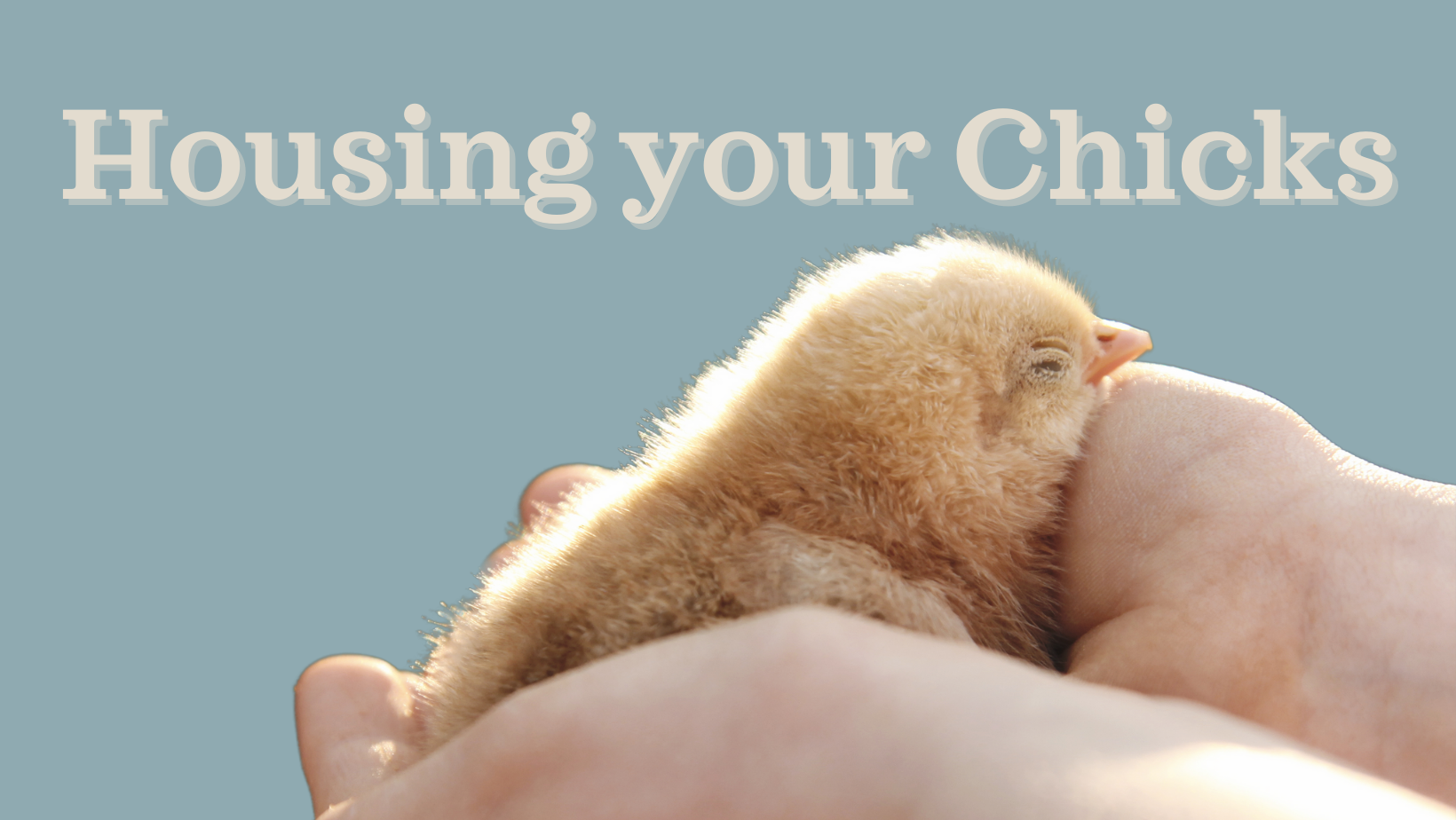
Housing - Where to Keep Your Chicks
Brooder
Fixing a brooder to keep the chicks in is an important step. Ideally, you will have the brooder ready to go before bringing the chicks home. A brooder is simply an enclosed, heated enclosure to house the chicks. You can use a large tote or medium metal feed trough to create a brooder.
Bedding
The brooder should be filled with some type of bedding. Pine shavings, shredded newspaper, or even clean sand can work well. Just steer clear of anything that is highly aromatic, such as cedar shavings. Sunseed Natural Northern White Pine Bedding is a good option.
Heat Lamp
The ideal temperature inside a brooder for chicks to be comfortable is between 90 and 95 degrees. Since you likely keep your home closer to room temperature, pick up a reflective lamp that can be clipped on the side of the brooder. A standard light bulb will distribute enough heat to keep the brooder warm. For good measure, it doesn't hurt to invest in a thermometer to monitor the temperature inside the brooder.
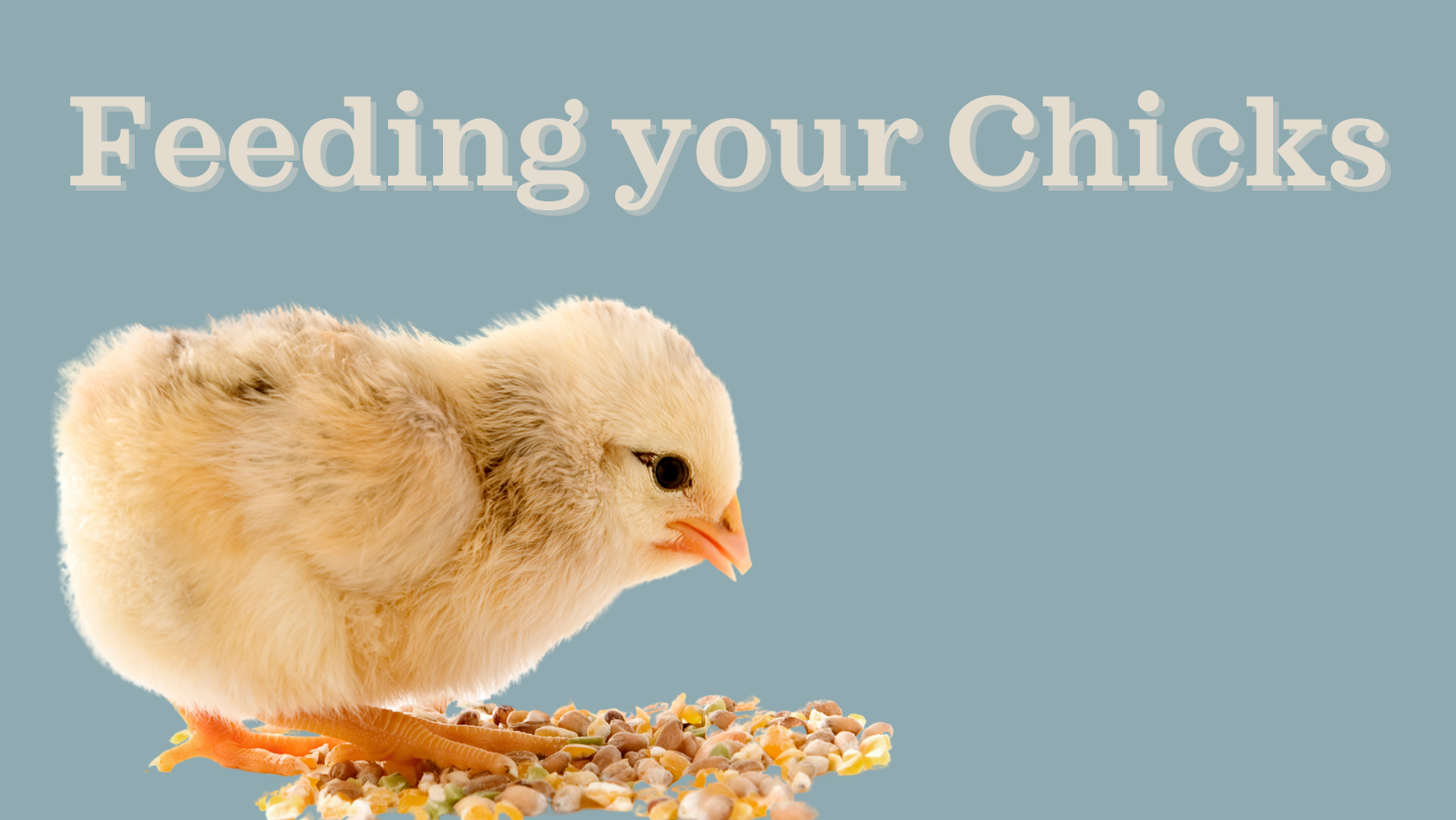
Nutrition - How to Feed Your Chicks Properly
Baby chicks will go through quite a bit of feed and fresh water on a daily basis. Your baby chicks will be growing at a rapid pace, so make sure to give them the nutritional support they need to grow healthy. Chick feeders and waterers must be made in a way that keeps the chicks from getting into the food or water.
Baby chicks also need special feed. They can't eat the typical layer feed made up of grains that you give to adult chickens. Instead, opt for chick starter, such as Purina Organic Starter-Grower Chicken Food, which is easier for chicks to eat and digest.
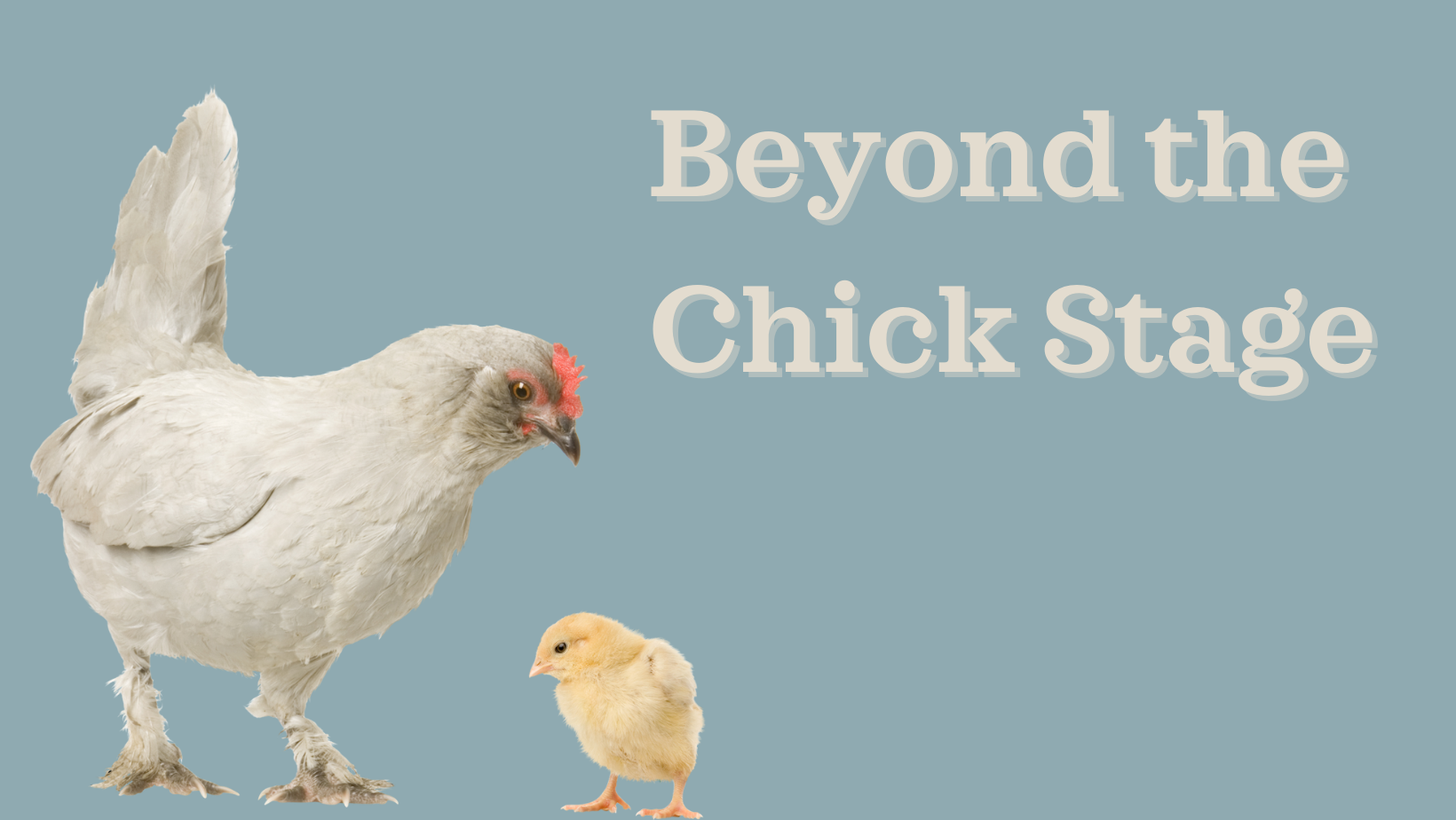
Beyond the Chick Stage - Tips for Caring for Adult Chickens
Housing - As chicks grow, they will need to be transitioned into a larger enclosure and will no longer need the heat lamp. An outdoor enclosure with a safe place for sleeping away from predators is important.
Nutrition - As the chicks reach the adult stage, make the transition from chick-starter to traditional chicken feed, something like Purina Organic Scratch Grains Chicken Food is a good choice. Remember, higher-quality food will always mean a healthier flock.
Exercise - While it is important to keep chickens in an enclosed coop or structure, they also need exercise. Creating a run—an enclosed area for roaming—is important.
Eggs - Along with adult chickens, you get eggs. Healthy hens will lay one egg every day through most of the year, and these eggs are safe to eat as long as they are collected immediately. Hens will lay eggs even without a rooster present, but the eggs will not be fertilized. If the eggs are fertilized, the hens will go "broody," which basically means they will set on the eggs for a few weeks in an effort to hatch them.
Considering buying a chick? Be sure to check with your local Feeders Pet Supply this spring for baby chickens and all the supplies you need to care for your new feathered friend.
